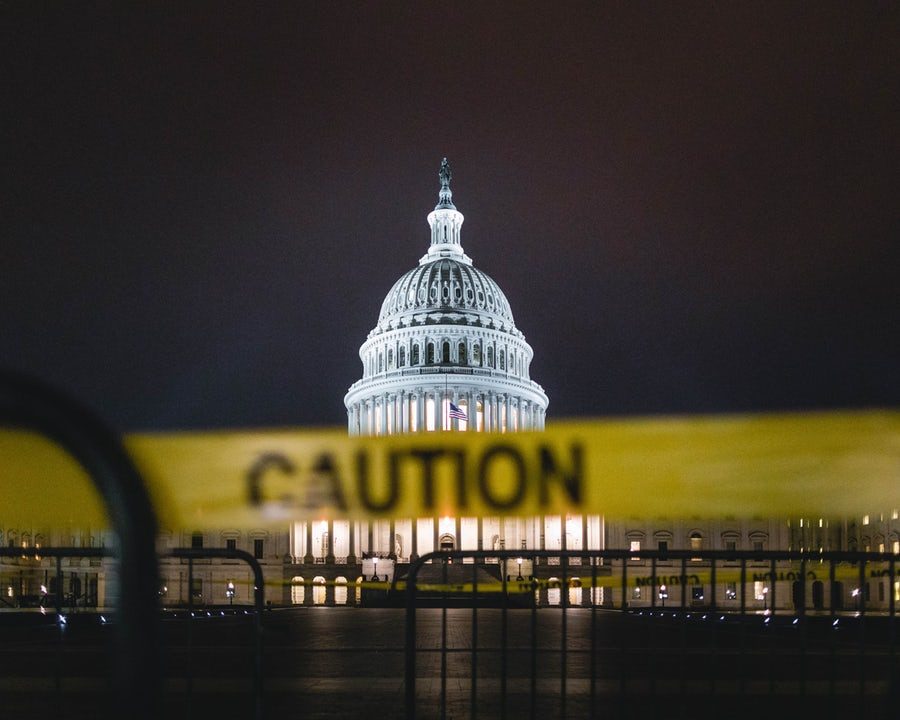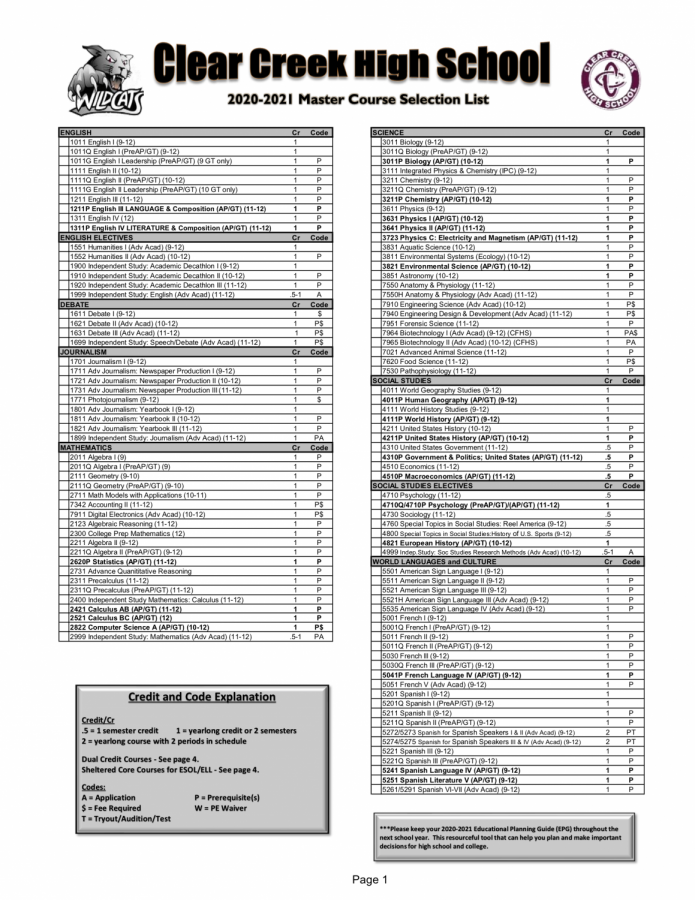Texas Senate Bill 149 officially signed and in effect for grads
June 14, 2015
Texas Governor Greg Abbott has approved Senate Bill 149, which was designed to provide an opportunity for the current seniors who did not pass all of the required STAAR exams to graduate this month. The bill was signed into law as effective immediately on May 11.
“The goal of the Texas public education system should be to ensure all students who graduate from high school are college or college ready. Ensuring that Texas students are equipped with the knowledge and skills necessary for future success is what students, parents an taxpayers deserve,” Abbott, in a press release on the official Officer of the Governor website, said. “This is exactly why I have pledged to elevate Texas’ public education to be number one in the nation.”
The bill was written by Senator Kyle Seliger and allows school districts to establish committees. Seliger stressed the importance of it, “not designed to provide some kind of easy exit.” They will be reviewing the students who failed one or two of the exams to determine if the student is eligible to graduate, determined by grades and other factors. Things such as standardized college entrance exams, like the SAT and ACT, will be examined.
The committees will be made up of the principal or designee, teacher and department chair of the subject of the failed exam(s), the student’s parent or guardian or the student if he or she is 18 years old. If the Legislature does not renew it, it will expire in two years.
“I will continue to work with the Legislature to create and maintain standards of excellence for accomplished,”Abbott said.
For the class of 2015, there are still about 28,000 students who need to pass one of more of the five state exams, according to the Texas Tribune. For the student who must retake exams, about half of them must retake more than one. The exams required to graduate are U.S. history, biology, algebra I, English I and II.
“Not all 28,000 of these kids are going to be viewed affirmatively by these committees, but an awful lot of them are,” Seliger said.
The bill did face opposition, however, from places such as the Texas Association of Business and the Austin Chamber of Commerce. They believed it allow students who are not adequately prepared to graduate. Bill Hammond, president of the Texas Association of Business told the Dallas Morning News that the review committees saw a risk for giving out “social promotion” and belittling the “value of the diploma for all those who worked hard in school and proved their skills on these tests.” Other critics voiced their concern that the panel of educators might show a bias in order to help preserve school ratings based on graduation rates. However, despite the backlash, the bill was still passed. “The Class of 2015 is the first graduating class required to pass the State of Texas Assessments of Academic Readiness (STAAR) end-of-course in order to graduate. While it is critical that the state appropriately holds public schools and districts accountable for the best possible education, we must protect Texas students from being penalized as a result of evolving testing standards,” Abbott said. “SB 149 protects students from undue penalization, and guarantees that students who meet specified are able to graduate.”











